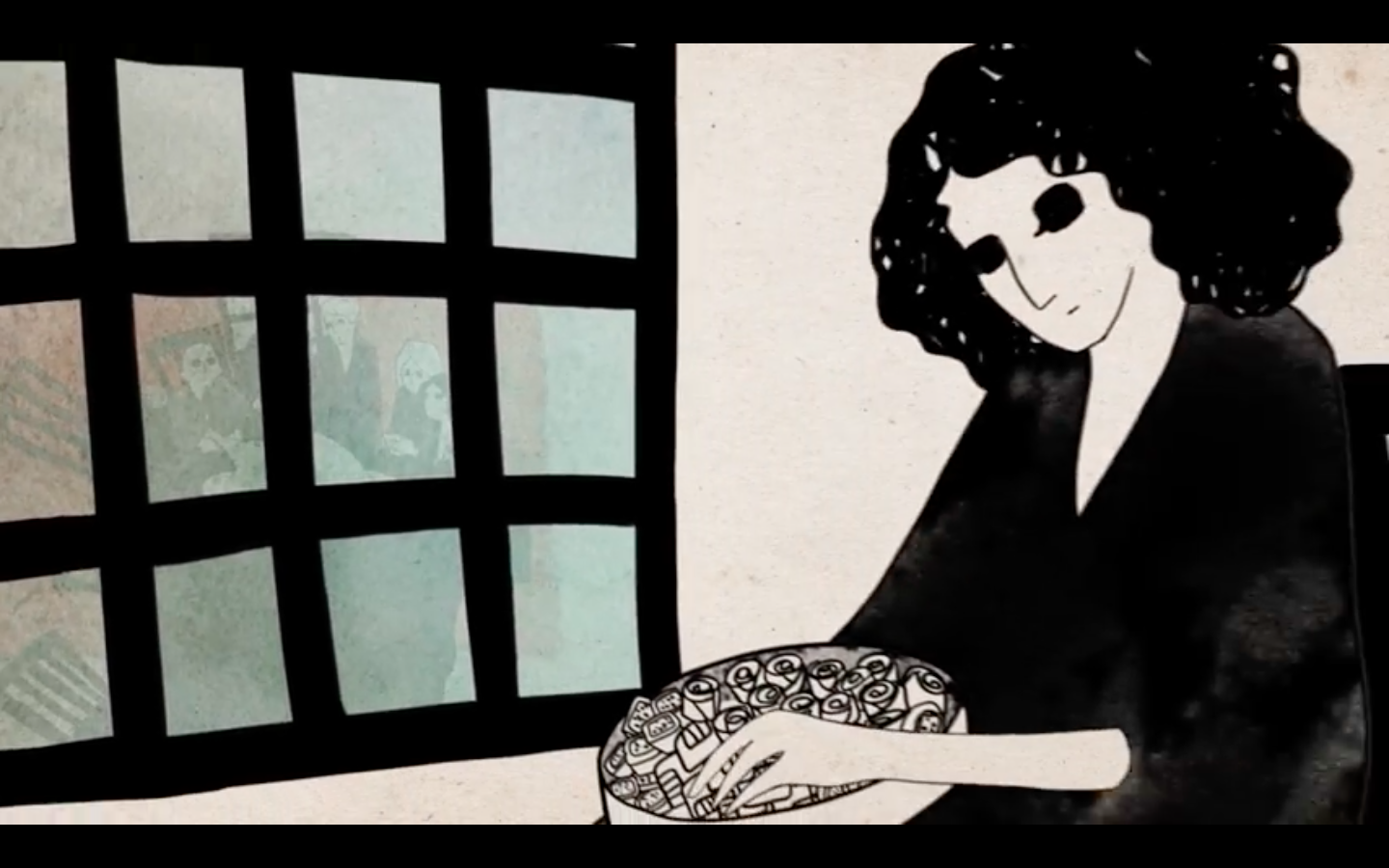Experiences of Forgetting: weaving and redeeming in the genealogies of Jesus
Monday, 25 July 2022
| Sarah Do and Steve Taylor

I (Sarah) am an Australian born Vietnamese. My family and church community are in diaspora after fleeing war-torn Vietnam in the 1970s. I carry both the blessings and burdens of this history. A forced forgetting of people and home is characteristic of the deep trauma arising from the refugee experience. I do not hear these stories in my household or amongst my community beyond the loaded phrase, ‘it was very hard’. I am detached from my motherland and mother tongue, yet I live comfortably because of their sacrifice and loss. I hold all this in uneasy tension: the loss of history and gratitude for new life. I wonder whether this sacrifice of people and home could yet be redeemed.
I (Steve) am a PNG born New Zealander. My parents were teachers, and I was protected and raised in a remote village among the Gogodola people. To use the words of Ruth, in 1:16, ‘my people’ by birth are the Gogodola people of Papua New Guinea. Aged thirteen, our family furloughed to New Zealand. We expected to return. But plans changed. ‘See you later in the year’ was a promise I never kept. ‘My people’ by birth became inaccessible, upended by the remoteness of travel and an indigenous language I was forgetting.
I returned to Melanesian cultures in 2017. Invited to speak in Vanuatu, my sense of connection was immediate, profound and visceral. God’s love had been revealed to me through Melanesian peoples. Migration might have been forced, but even in distance, God never forgets.
Our human stories are complex. Church historian Renie Chow Choy uses ‘ancestral feelings’ to name the realities across generations and cultures. A migrant currently living in England, Dr Choy researches by walking with migrants around Westminster Abbey and similar iconic churches. She invites them to nurture ancestral feelings by weaving, connecting their experiences of lives past with the objects in these heritage sites. To belong need not be an experience of forgetting.
Ancestral feelings are central to reading the book of Ruth. Ruth’s poetic declaration to Naomi is nothing short of astounding, for it appears to upend a sense of connection to her own people (Ruth 1:16–17). How could Ruth be so willing to sacrifice her language, traditions, laws and ways so that Naomi’s people could become hers? One imagines the profound sense of loss Ruth carried internally. Her mourning is hidden as she throws herself into dutiful diligence in the hope of a better life (Ruth 2:2–7). Yet her loyalty does not erase her history, for Ruth remains ‘Ruth the Moabite’ throughout the story. Her declaration that ‘your people will be my people’ encompasses this sacrifice, and yet, there is a stubborn persistence in which Ruth’s Moabite ancestry is affirmed.
Boaz married Ruth. One response to Ruth’s affirmation of ‘my people, your people’ is to expect assimilation. Best not to speak Moabite now you’ve migrated Ruth. The old has gone. Let the new of the dominant culture become your identity. Another option was for Boaz to encourage her culture. To learn from her a Moabite lullaby that might put Obed to sleep. Indigenous Anglican Bishop Mark MacDonald has defined mission as a making of relatives. Such missiology refuses to assimilate. It shapes how Boaz can truly be a kinsman redeemer, nurturing Ruth’s ancestor feelings.
Obed’s story confronts us as another segregation of ancestry. Obed is named Naomi’s son, rather than Ruth’s (Ruth 4:16–17). One wonders about the residual foreignness in Obed because of Ruth. Questions may be raised regarding his upbringing: what language he speaks, the traditions he learns and what folklore he is privy to in his household. Ruth’s silence alerts us to the uneasy tension that Obed’s origins may slowly become forgotten. Whether Obed should acknowledge his own ancestry is in doubt. At the same time, there is an immoveable reality that Moabite blood flows through Obed, and that the migrant experience is inextricably enmeshed into his story.
Does ‘your people, my people’ require forgetting one’s origins? Can one embrace a new culture in ways that weave in diverse cultural experiences? The answer is yes for Dr Renie Choy (Ancestral Feelings, 2021). But carefully. For Choy, the teaching of history does not require assimilating identity into dominant culture narratives. Rather, it is to increase belonging and participation by weaving our personal narratives into the narratives of global history. Such work will involve grief as we share experiences of forgetting and locate the threads of redemption.
This work of weaving is how the New Testament begins. Jesus does not eliminate culture. The narratives of Rahab and Ruth are woven into the Gospel of Matthew. Do we, as the people of God today, read Scripture in ways that forget their stories of migration, sacrifice, grief and loss? Or can we let their migrant experiences transform our readings of Scripture? Might faithful preaching involve creating space for cultural diversity to persist as we learn migrant lullabies and listen to stories from those of different journeys? Such nurturing of ancestral feelings is a careful work as it affirms plurality, resists the erasing of histories and trusts all stories to the redemptive weaving work of Jesus.
Sarah Do is an Australian-born Vietnamese, actively serving in a local Vietnamese church in Footscray, Victoria. She is on faculty at Whitley College, coordinating the ‘build.’ and ‘Transformation’ diploma programs, with a special interest in working with LOTE/CALD students.
Steve Taylor is author of First Expression and Built for Change. As a public scholar and Director of AngelWings Ltd, he tweets @emergentkiwi and blogs at emergentkiwi.org.nz.
Image credits:
‘La Sagrada Familia’ by Kelly Latimore Icons.
Screenshot from the short movie Scent of Geranium by Naghmeh Farzaneh. You can watch the movie here.